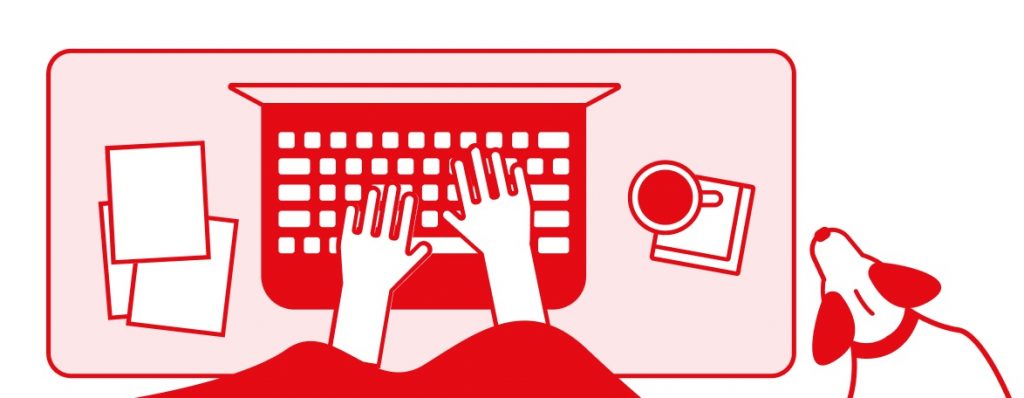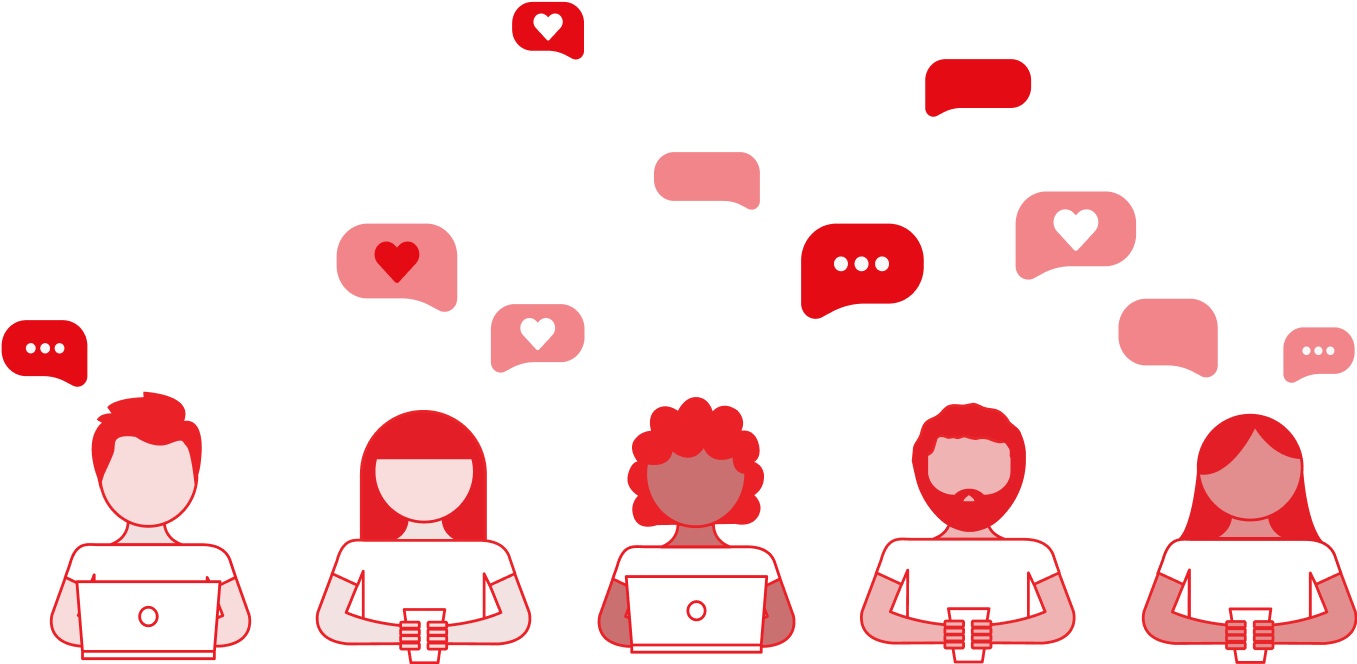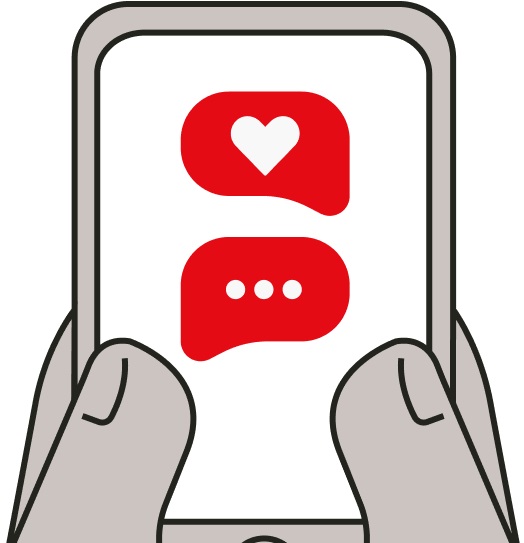Every day, people come to Xbox to play, have fun, relax and for self-care to reduce stress.
Sometimes, they need someone to take them from a “hot” moment to a calmer state.
Thanks to Xbox’s partnership with Crisis Text Line, they can reach out to a mental health resource, if they need it. Every month, Xbox refers people to this nonprofit organization, which provides free, text-based 24/7 support, connecting those in need to a network that includes more than 27,000 trained, volunteer crisis counselors throughout the U.S.
“You could think of us as a mental health emergency room,” says Dena Trujillo, interim chief executive officer at Crisis Text Line and a board member for about six years. Their crisis counselors have had 5 million conversations with people since the service launched in August 2013, directly and through a wide array of partnerships. “People come to us with anxiety, isolation, trauma, suicide ideation. We handle the entire range. When people come to us, we have a triage system in place, to get to people that are in the highest and most significant need faster.”
Over the past year, the top issues they’ve fielded from all their sources included depression, stress, relationships and school. The New York-based organization helps create individually tailored safety plans and de-escalates situations through a platform – texting – that makes it easier for people of all ages to reach out safely.
Phone calls are oftentimes not only inconvenient, but dangerous, depending on the circumstances.
 Xbox partnered up with Crisis Text Line in early 2018, after the Xbox Safety Team encountered customers who needed help beyond gaming situations. In the general population, one out of every five adults will experience some form of mental health condition.
Xbox partnered up with Crisis Text Line in early 2018, after the Xbox Safety Team encountered customers who needed help beyond gaming situations. In the general population, one out of every five adults will experience some form of mental health condition.
“Xbox Live has 100 million monthly active users,” says Jason Coon, head of safety for Xbox. “If you get that many people gathered anywhere, you’re going to have some people who are in crisis.”
Trujillo says it isn’t uncommon that people don’t know where to turn for help.
“If people are in crisis, they will go to customer service lines or helplines, wherever they happen to be in that moment,” Trujillo says. “We often work with trust and safety teams because they’re the ones that tell us people in crisis reach out to them and they have no idea what to do because their business is not mental health.”
In November, the Xbox Safety Team formalized a support path called Click to Call for Safety. When someone reaches out to customer support with a safety concern – such as online harassment – that is not otherwise addressed through Xbox’s direct reporting system, they can request a callback, and a customer service agent will call them back to investigate further. These customer support agents have been trained on how to handle these situations and when to hand off to the Xbox Safety Team.
The beauty of technology is that it can be a tool in connecting the dots in ways that were not otherwise available.
These efforts run parallel to the partnership with the Crisis Text Line, which can pick up on situations that go beyond Xbox.
“Crisis Text Line has filled a gap,” Coon says. “It serves a need that was going unmet, which is people who were in emotional crisis and expressing it on Xbox were not getting the help they needed – unless it rose all the way to the level of an imminent threat. On that spectrum of crisis, we were only able to help at the very extreme end of that. We now have a much broader surface area to connect our users to the help they need, as well as further empowering our agents to assist across a spectrum of crisis issues.”
Since Xbox began referring people to Crisis Text Line, Trujillo says the organization’s crisis counselors have handled 5,383 conversations from 2,285 U.S.-based texters who arrive through texting keywords specific to Xbox (LISTEN, LOVE or PAUSE), with 62% of them saying they shared something in those chats they never shared with anyone else before. Ninety percent of those texters found the conversations helpful.
The top issues that Xbox texters in crisis talk about are: relationships, depression, anxiety/stress, school and suicide.
Crisis counselors are able to pay forward the information they gather from the people they help, to understand dynamics or dimensions of problems better.
“We knew that data would be front and center to what we did from the beginning,” says danah boyd, a Microsoft partner researcher who has been on the board of Crisis Text Line since it began eight years ago and who is now its chairperson.
She explains that data augments their work, rather than automates it. From the information they’re able to gather, they can prioritize their services.
They can see what hours people reach out when they’re struggling, what kinds of topics they’re talking about. And from that, they can better streamline available resources – such as scheduling more counselors at certain times.
Data also helps crisis counselors learn from each other, boyd says, which translates to improving their care of people in crisis and “helping the field as a whole grow so that everyone who is passionate about mental health can better serve people in need.”
Most of the Xbox texters who have used the service self-identify as age 24 or younger (almost 83%) and more than half consider themselves LGBTQ+.
When she was a young queer teenager in the 1990s, boyd says she sought support online.
“I often think of the internet as my saving grace,” says boyd. “I went back in as a researcher trying to understand these communities. What I learned was that queer kids were facing hate and harassment and they were still going online, crying out for help. I relish the ability for the internet to connect people when they need help, when they need support.”
As a researcher studying gaming culture and gamers, boyd has seen communities built from that need to find and connect with like-minded people.
“The point is to partner with folks who have that mental health expertise and knowledge,” she says. “The beauty of technology is that it can be a tool in connecting the dots in ways that were not otherwise available. Crisis Text Line connects people. In a moment when someone is struggling and does not have the services they need, they can reach trained counselors who want to help. It’s joyous to be a part of a project where technology and people can work together to serve those facing their darkest moments.”
May is Mental Health Awareness Month. Text HOME to 741741 or use Facebook Messenger to connect with a crisis counselor at Crisis Text Line.
All images courtesy of Crisis Text Line.


